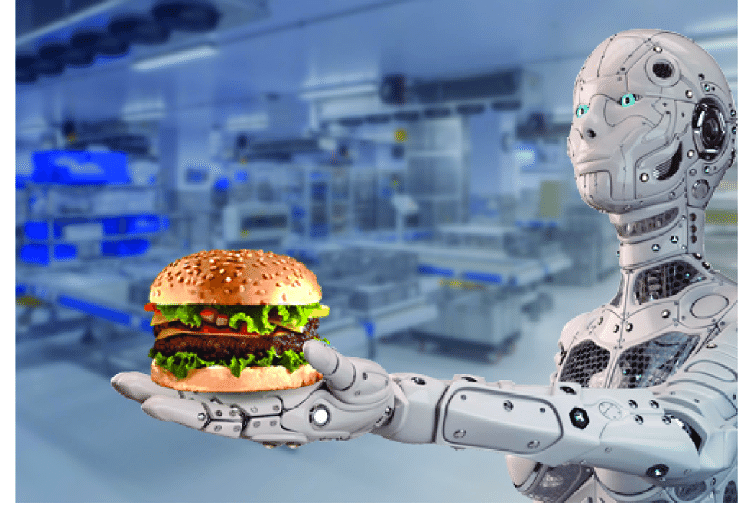Artificial intelligence (AI) is gradually reshaping pharmaceutical manufacturing in subtle but significant ways. In a field where precision, consistency, and strict regulatory compliance are non-negotiable, AI is emerging as a crucial tool rather than just a trendy add-on.
Across every stage of production—from formulation to final packaging—manufacturers face a variety of unpredictable factors. Raw material variability, environmental shifts, and the ever-present risk of human error can disrupt even the most well-established processes. AI helps manage these variables by adding a layer of intelligent predictability. Rather than replacing human judgment, it enhances it—offering clearer insights and greater stability in decision-making.
Smarter Systems That Adapt and Improve
Unlike traditional automation, which relies on fixed programming, AI systems evolve. Machine learning models continuously adapt to new data, allowing manufacturing operations to become more responsive and precise over time.
This capability is especially powerful in areas like process control and predictive maintenance. For example, AI can detect early warning signs of machinery wear and recommend service before a failure occurs. When production starts drifting from ideal conditions, AI can automatically adjust settings in real time to correct the course. These refinements help maintain product consistency, reduce downtime, and minimize material waste.
AI also strengthens supply chain resilience. By analyzing both historical trends and live data, AI systems can forecast demand shifts, identify potential inventory gaps, and help navigate global logistics challenges—capabilities once considered futuristic but now part of everyday strategy for modern pharmaceutical companies.
Merging Innovation With Compliance
In pharmaceutical manufacturing, innovation must coexist with regulation. Strict oversight ensures safety, but it can also slow progress when processes aren’t streamlined.
AI can ease this friction. Natural language processing (NLP) tools allow teams to quickly interpret complex regulatory documents, while automated logging and tracking systems improve transparency and traceability throughout the production cycle. These tools allow manufacturers to stay agile and innovative while maintaining full compliance.
Looking Ahead: A New Standard in Pharma Production
AI isn’t about chasing the latest trend—it’s about laying the foundation for a smarter, more efficient future in medicine. As the technology continues to evolve, its role in pharmaceutical manufacturing will become even more central. With every data point, adjustment, and insight, AI helps build a production environment that is more resilient, more accurate, and better equipped to deliver life-saving therapies at scale.
For additional insight into how AI is redefining standards in pharmaceutical production, explore the visual guide accompanying this article from Advanced Technology Services, provider of preventative maintenance services.


